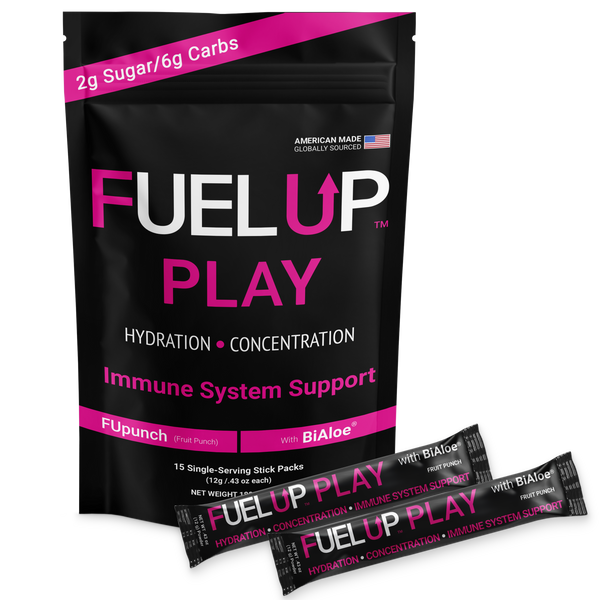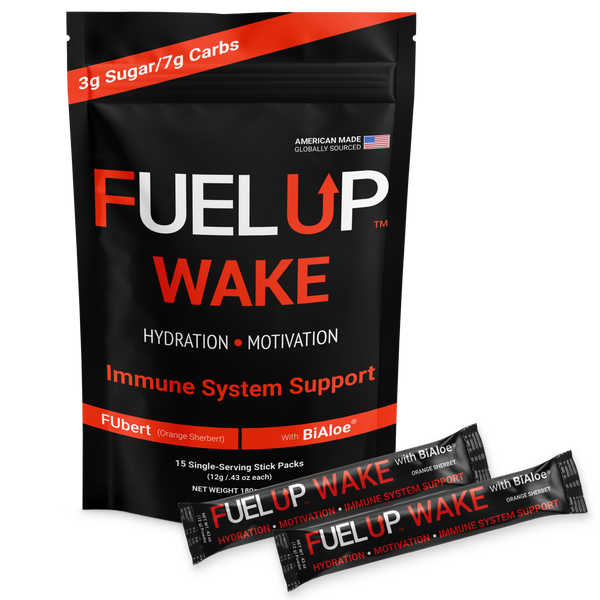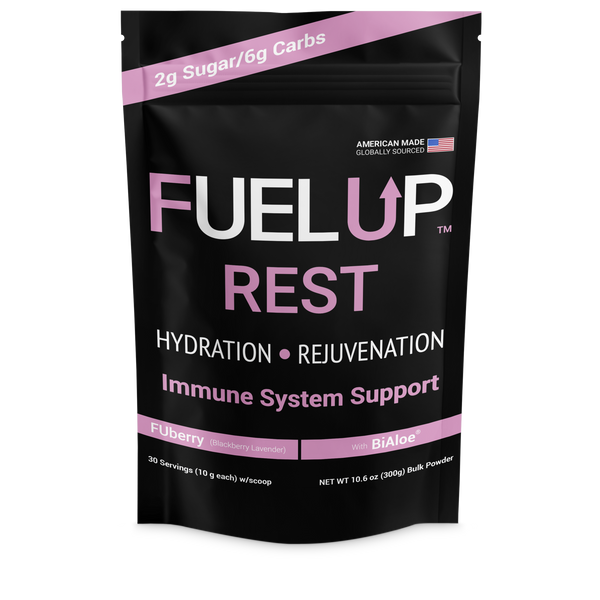Staying well-hydrated isn’t only about drinking enough water. For active individuals, athletes, and health-conscious people alike, micronutrients—especially vitamins—play an essential but often underestimated part in supporting the body’s hydration processes. In this post, we’ll break down how vitamins intersect with hydration, highlight common gaps, and provide clear, actionable information to help you optimize your everyday well-being and performance.
Hydration Beyond H₂O: Why Vitamins Matter
When most of us think about hydration, we picture water bottles, sports drinks, or replenishing fluids after activity. But hydration is a complex biochemical process that involves moving water in and out of cells, balancing electrolytes, and utilizing nutrients to maintain cellular function. Vitamins act as key facilitators in these mechanisms.
For example:
-
Vitamin B Complex assists with energy metabolism, supporting the fast uptake and efficient use of water by muscle cells during exercise.
-
Vitamin C contributes to skin health and the integrity of mucous membranes, helping your body retain the moisture it absorbs.
-
Vitamin D supports mineral absorption, indirectly impacting hydration by maintaining healthy electrolyte levels.
These vitamins don’t directly hydrate you, but without them, your body can’t use the water you drink as efficiently—especially under physical stress or in varying climate conditions.
Spotting Common Nutrient Gaps—Especially in Active Lifestyles
Modern diets, busy schedules, and high activity levels can result in subtle but persistent shortages of key vitamins. According to national health surveys, a significant portion of adults struggle to meet recommended intakes for vitamins such as B6, B12, and D.
Common causes include:
-
Restrictive diets (vegan, keto, etc.)—may omit entire food groups rich in certain vitamins.
-
High-level exercise increases turnover and demands for water-soluble vitamins.
-
Seasonal and environmental shifts—less sun in winter impacts vitamin D, hot weather raises risk of losses through sweat.
How do you know if you’re falling short?
Symptoms like lingering fatigue, slow recovery, headaches, and dry skin are sometimes attributed solely to lack of hydration—when in reality, vitamin gaps are part of the problem. Frequent muscle cramps, trouble concentrating, or increased sensitivity to heat or cold may signal both hydration and micronutrient imbalances.
Everyday Tips for Optimizing Hydration and Vitamin Intake
A holistic approach works best:
-
Prioritize whole foods: Fruits, vegetables, lean proteins, and dairy provide a spectrum of hydration-supporting vitamins.
-
Routine bloodwork: If you train hard or follow a special diet, checking vitamin levels annually helps track progress and catch gaps early.
-
Smart supplementation: Consider daily multis or focused supplements if you can’t meet needs from diet alone—especially for B vitamins and vitamin D.
Practical strategies:
|
Concern |
Vitamin Focus |
Everyday Solutions |
|
Energy & fatigue |
B6, B12 |
Eggs, nuts, whole grains |
|
Muscle cramps |
B Complex, D |
Leafy greens, salmon, sunlight |
|
Skin dryness |
C, B2 |
Citrus, berries, dairy |
|
Recovery post-exercise |
B Complex, C, D |
Hydrate, balanced meals, sunlight |
Making small changes to your routine, like adding a serving of spinach or a glass of orange juice, can pay big dividends for both hydration and overall performance.
Looking for Smarter Hydration Support?
While food remains the best source for most vitamins, high-quality hydration products can help fill gaps—especially during travel, competition, or when access to fresh foods is limited. Fuel Up Hydration offers clean, compliant options designed with active lifestyles in mind, supporting both your vitamin intake and fluid balance. Consider reading ingredient labels and choosing products that align with your nutrition goals.
Remember: Optimizing hydration is about more than just water—it’s a partnership between fluids and the vitamins that help your body use them effectively.





